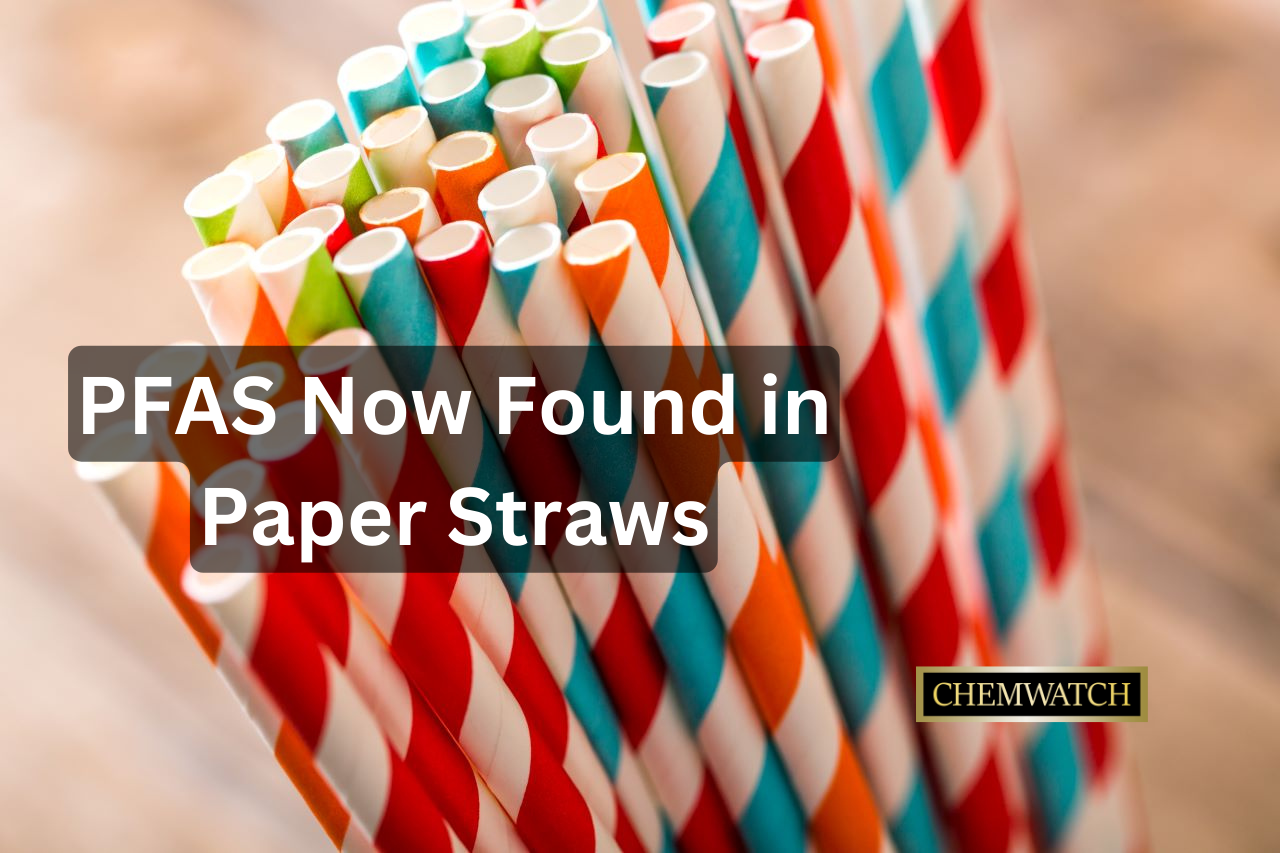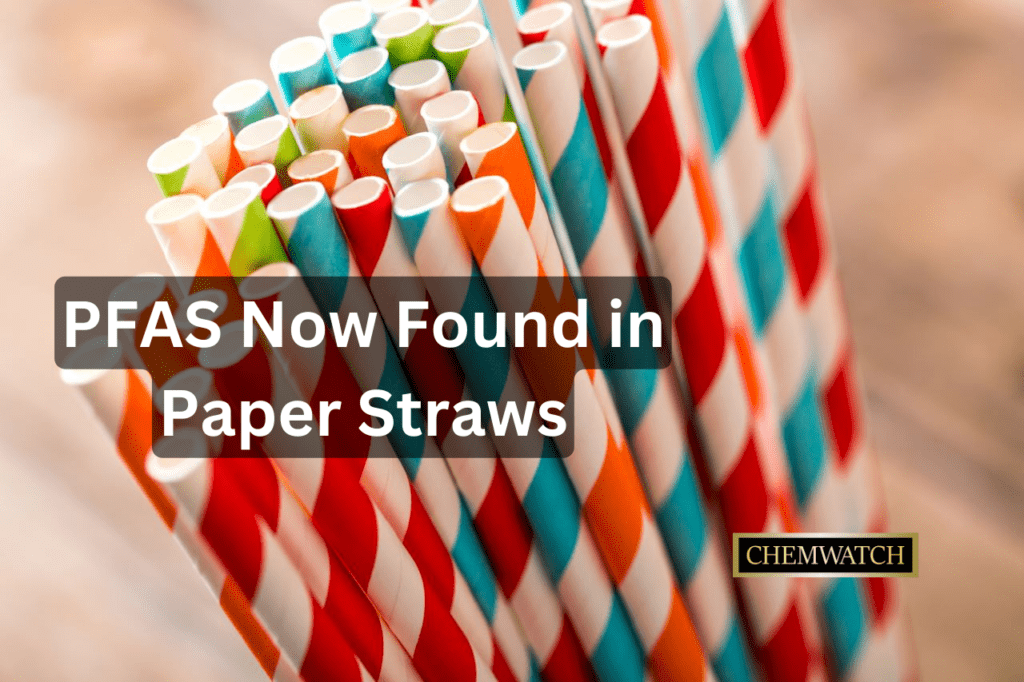
In the past several years, you may have noticed plastic products slowly being replaced by paper alternatives. In particular, plastic straws have been identified as an environmental hazard in need of eradication from the market. While paper straws have become the norm in many establishments, a recent study found they also contain “forever chemicals” that can be detrimental to human health and lead to severe issues. This is especially significant given many countries have banned single-use plastic in order to keep in line with green initiatives.

PFAS are a diverse group of synthetic chemicals that have been utitlised in many industrial and consumer products around the globe
Per- and polyfluoroalkyl substances (PFAS) are a diverse group of synthetic chemicals that have been utitlised in many industrial and consumer products around the globe. For instance, PFAS is used to prevent food from sticking to its packaging or help make materials (e.g. clothes and carpets) resistant to stains. They also help create firefighting foams that can effectively deal with and put out fires.
According to the research conducted by Boisacq et al. (2023), humans are mostly exposed to per- and polyfluoroalkyl substances (PFAS) through food and drinking water due to packaging materials. This means that we are consuming a constant stream of PFAS via a range of different sources.
For paper and other biodegradable straws (e.g. plant-based straws), PFAS are either added during the manufacturing process or can be found in the soil from which the plant-based materials were grown. Drinking through paper straws can act as an additional source of PFAS entering human bodies, thereby increasing our overall consumption of “forever chemicals”.
Exposure to high levels of PFAS can lead to an array of health issues, such as:
If you want to know more about the environmental and health effects of chemicals, or how to minimise risk while working with chemicals, we’re here to help. We have tools to help you with mandatory reporting, as well as generating SDS and Risk Assessments. We also have a library of webinars covering global safety regulations, software training, accredited courses, and labelling requirements. For more information, contact us today!
Sources: